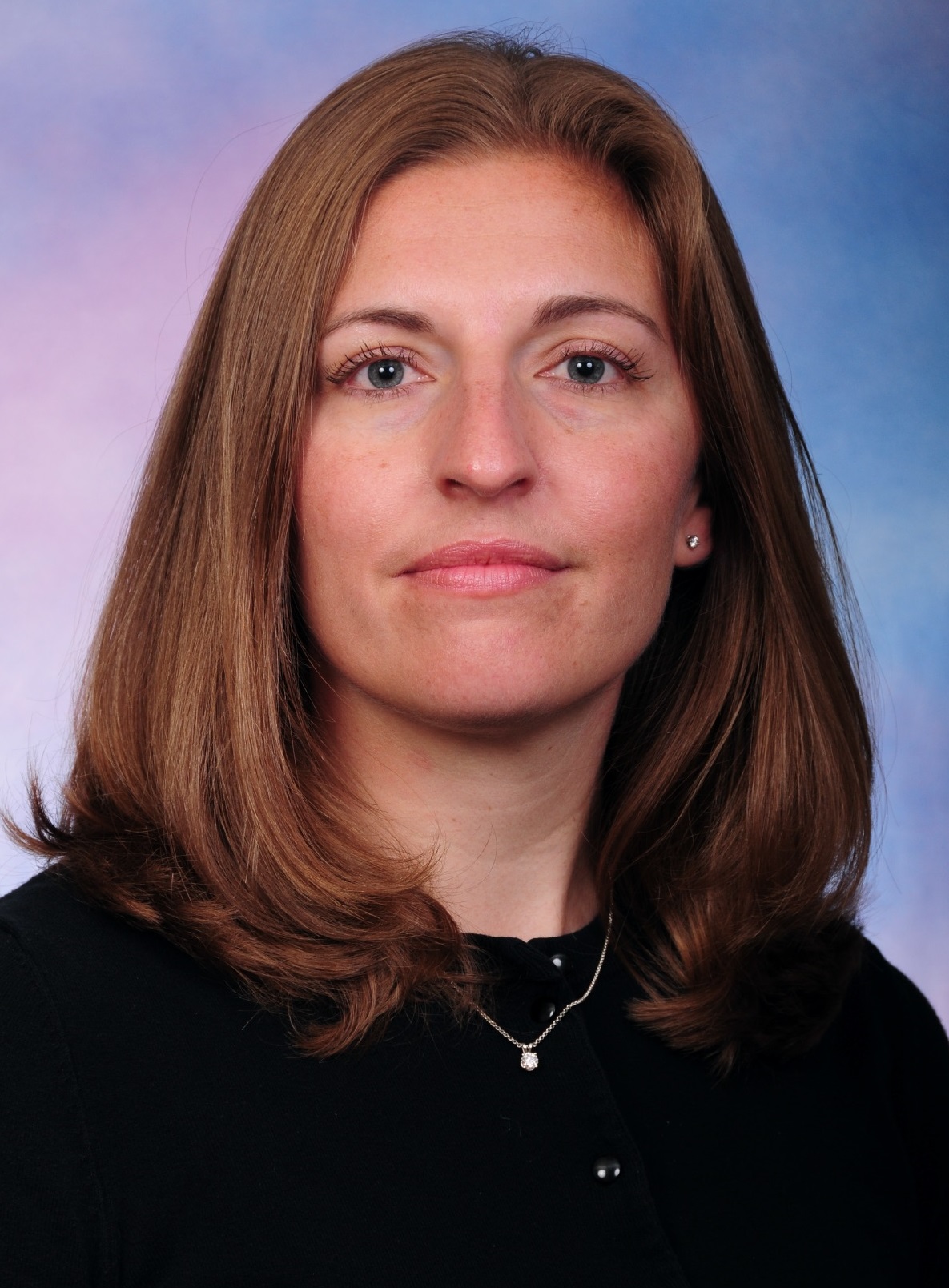Wayne State University School of Medicine Assistant Professor of Oncology Lauren Hamel, Ph.D., has completed her stint in the WSU Office of the Provost’s Academic Leadership Academy, an intensive one-year leadership development experience.

ALA fellows lead a team to craft and implement a project to benefit the greater WSU community. Dr. Hamel developed a curriculum exploring various types of implicit bias in collaboration with School of Medicine Professor of Pediatrics and Associate Dean for Faculty Development Beena Sood, M.D.; and WSU Associate Provost for Diversity and Inclusion and Chief Diversity Officer Marquitta Chamblee, Ph.D.
The School of Medicine has faced the consequences of bias, both implicit and explicit, as much as any other medical institution in the United States, she said. “Fortunately, within the School of Medicine and across the university, expertise on the problem of, and solutions to, implicit bias have flourished,” she added.
The first curriculum module is scheduled for September 2021, with more modules designed and confirmed through May 2022.
“Our goal is to implement an innovative, comprehensive, evidence-based and longitudinal implicit bias training curriculum for WSU School of Medicine medical students, graduate students, staff and faculty. We will achieve this aim by leveraging WSU expertise in implicit bias, patient-physician communication, medical education, and diversity and inclusion to implement a year-long implicit bias training curriculum,” Dr. Hamel said. “We have designed the course content areas and sessions to be comprehensive and complementary. Furthermore, we have identified content areas based on the expertise of Wayne State, the School of Medicine, and individual faculty members and researchers.”
Topics will include how implicit bias influences patient-physician communication; how race and politics influence our health and health care, gender equity and medicine; and identity privilege among health professionals. There are plans for rotating topic areas to continue beyond the initial year.
Dr. Hamel is a researcher and a scientific member of the Population Studies and Disparities Research Program. She has studied nonverbal communication in various contexts since working on her master’s degree in 2005. Identifying behavioral patterns in clinical interactions with Black patients and their oncologists is particularly important as researchers like Dr. Hamel and her team at the Barbara Ann Karmanos Cancer Institute seek modifiable behaviors that may contribute to reducing disparities in communication, and ultimately, in treatment and mortality.
“Being an ALA was incredibly useful as we worked on developing tangible skills to improve our abilities as academic leaders, and put those to immediate use by designing a leadership project. It also helped me to connect with others across the university and to build collaborations with current and future academic leaders,” she said.